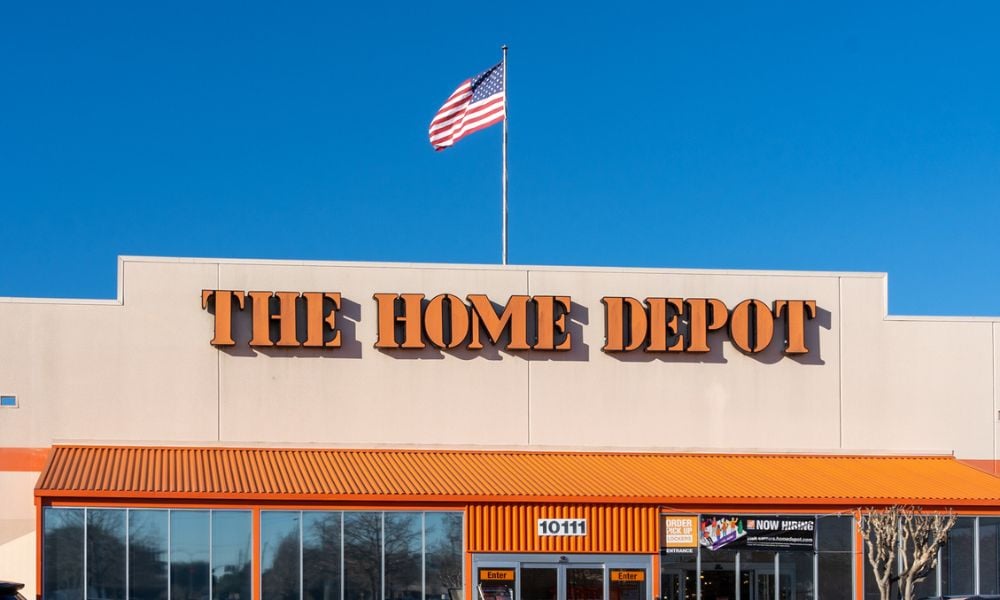
Home Depot sued by survivors of police officer shot and killed at store

A recent case before the Texas Court of Appeals explored the impact of a company’s change in its asset protection policy, which limited its personnel’s discretion to physically search or restrain suspected shoplifters.
Before this change took effect in 2017, the asset protection policies of Home Depot U.S.A., Inc. allowed its employees and security vendors to handcuff and to search suspects.
Point 2 Point Global Security, Inc. supplied off-duty police officers to Home Depot’s store at Forest Central Drive in Dallas, a location where criminal activity was known to be frequent. Chad Seward, an officer for the Dallas Police Department, worked a second job as a security guard at this store.
In April 2018, Seward received a call from Scott Painter, an asset protection specialist working for Home Depot. Painter told Seward that a man in the store was acting suspiciously. Painter asked Seward to help him issue a criminal-trespass warning, which would allow them to remove the suspect from the premises.
The suspect was taken to the store’s asset protection office. Seward made a call to dispatch. Two officers, Rogelio Santander Jr. and Crystal Almeida, responded to the call and went to the office. The suspect then pulled a firearm from his pocket and shot Santander, who died from his injuries, as well as Almeida and Painter, who both survived.
Santander’s survivors and Almeida filed a lawsuit alleging wrongful death and personal injury against Home Depot, Point 2 Point, and Seward. They also made claims for negligence and negligent undertaking against the three defendants and a claim for negligent training and supervision against Home Depot and Point 2 Point.
The trial court issued summary judgments in the defendants’ favor. The plaintiffs appealed.
In the case of Rogelio Santander Sr. and Julia Garcia, Individually and as Co-Administrators of the Estate of Rogelio Santander Jr., and Crystal Almeida v. Chad Seward, Home Depot U.S.A., Inc., and Point 2 Point Global Security, Inc., the Court of Appeals for the Fifth District of Texas at Dallas partly affirmed and reversed the trial court’s judgment.
Among other findings, the appellate court determined that the trial court should not have summarily dismissed the plaintiffs’ negligent undertaking claim against Home Depot. The appellate court discussed the three elements required for this claim and decided that the evidence in this case sufficiently met these elements.
First, the evidence could support that Home Depot knew or should have known that its security policies for dealing with suspected shoplifters were necessary for the protection of those present on its property, the appellate court said.
Second, the evidence could lead to the conclusion that Home Depot, through its employee Painter, failed to exercise ordinary care when detaining the suspect, the appellate court added.
Third, the appellate court noted that Home Depot had a policy prohibiting employees from using handcuffs to restrain suspected shoplifters and a no-touch policy preventing employees from searching suspects, which in turn stopped them from discovering any weapons.
This evidence could suggest that Home Depot’s implementation of its policies and its handling of the suspect increased his risk of danger to Santander and Almeida, the appellate court concluded. The employees’ failure to search the suspect or to handcuff him could have added to the risk that he would hurt others if he became violent while being detained, the appellate court explained.